Birmingham City Council has approved a proposal to introduce a selective licensing scheme covering 25 wards of the city, aimed at improving housing standards and reducing anti-social behaviour in the private rented sector.
What is Selective Licensing?
Selective Licensing is a scheme that requires private landlords to obtain a license from their local council, demonstrating that their properties meet certain standards of management and safety. The scheme is designed to improve the standards of rented accommodation and to reduce anti-social behaviour in the area.
Why is the scheme being introduced?
The scheme is being introduced to improve housing standards and reduce anti-social behaviour in the private rented sector. It is aimed at tackling issues such as poor property management, overcrowding, and housing-related crime.
